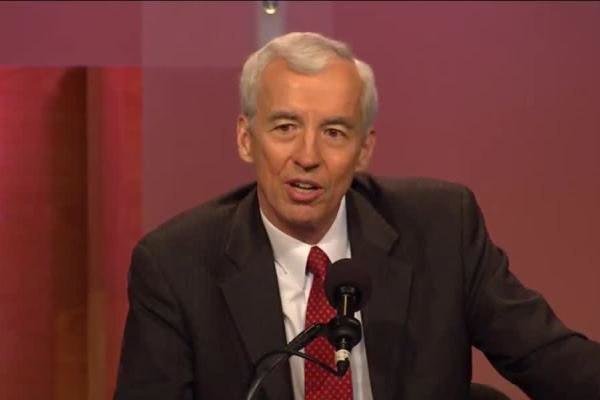European large firms will ignore Iran market: Pillar

TEHRAN – Professor Paul Pillar, who was CIA intelligence analyst for 28 years, tells the Tehran Times that “The European governments seem determined to resist the Trump administration on this issue, but there is only so much they can do to protect their private sector from secondary U.S. sanctions.”
Pillar also says, “Parts of the European private sector already have bowed to the U.S. pressure. For many large firms doing business in the United States, the threat of penalties or exclusion from the U.S. market is just too high a price to pay to do business with Iran.”
Following is the text of the interview:
Q: The U.S. violated the JCPOA. What are the reasons behind this unilateral revocation?
A: The principal reason for Donald Trump and for many Republicans in Congress is to undo anything significant that Barack Obama accomplished. An additional set of reasons apply to many elements that have lobbied against the JCPOA from the very beginning and want to see Iran forever isolated and punished as a pariah. This latter perspective is the preference of Iran's principal regional rivals, Saudi Arabia and Israel. Those who have fought against the JCPOA say they do not like the terms of the agreement, but the terms have never been the real reason for the opposition.
Q: In regard to Trump's violation of the Iran deal, what are the obligations and responsibilities of the deal's other signatories?
A: Now that one party has completely and blatantly reneged on its obligations, the other six parties are free to abandon the agreement whenever they want. However, the other six parties say they want to keep the agreement going even without the United States. Continuing obligations and responsibilities of the six may look essentially the same as what was in the JCPOA all along, although now the obligations of each party are to five other states rather than to six other states.
Q: In a tactful reaction to Trump's Betrayal of Nuclear Deal, Iran said the survival of JCPOA highly depends on firm European guarantees. Since the EU's leverage is not strong enough to bring the U.S. back to reason, shall Iran count on their guarantees?
A: Iran will not count on anything and instead will wait to see whether expected economic benefits materialize. Whether the benefits to Iran will be sufficient for it to stick with the agreement remains to be seen. This depends on economic patterns yet to emerge and difficult for anyone, including the Iranians, to predict.
Q: Will EU dare to invest or have economic engagement with Iran in a situation where the U.S. nuclear related sanctions are back again and the foreign companies face U.S. penalties?
A: The European governments seem determined to resist the Trump administration on this issue, but there is only so much they can do to protect their private sector from secondary U.S. sanctions. Parts of the European private sector already have bowed to the U.S. pressure. For many large firms doing business in the United States, the threat of penalties or exclusion from the U.S. market is just too high a price to pay to do business with Iran.
Q: Returning which kind of the sanctions are red line for Iran that will danger its national interest?
A: ran will consider the total effect on its economy and not single out any one sector. Obviously any inability to market its oil and gas would be especially damaging.
